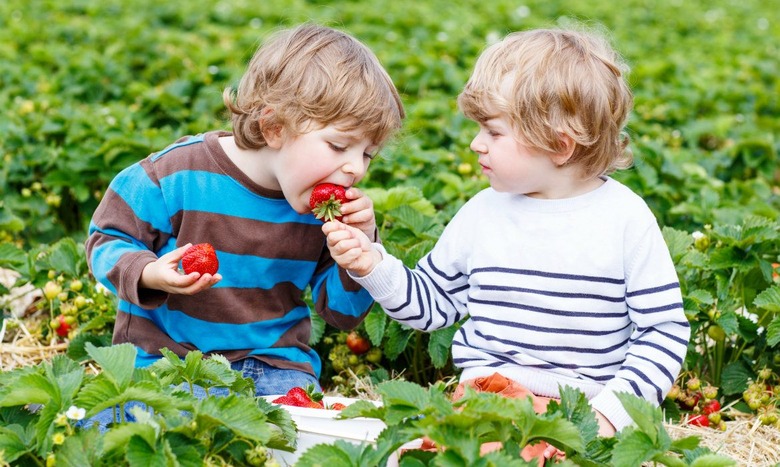Siblings Do Not Always Share Food Allergies, Study Finds
A study published on November 5 has found that siblings do not necessarily have the same food allergies, as has often been assumed. Only about one sibling in 10 had the same food allergies as his or her brother or sister.
The study, conducted by American College of Allergy, Asthma, and Immunology, found that allergy testing of siblings produced a large number of false positives; 53 percent of the siblings in the study with diagnosed food allergies actually had food sensitivity instead, and only 13 percent had an actual food allergy.
"Too often, it's assumed that if one child in a family has a food allergy, the other kids need to be tested for food allergies," said Ruchi Gupta, MD, MPH, and lead study author. "But testing for food allergies if a reaction hasn't taken place can provide false-positives, as we saw in our research."
Researchers looked at 1,120 children with food allergies and their siblings, reviewing clinical histories, running blood tests, and conducting a skin-prick test.
"This perceived risk is a common reason to seek 'screening' before introducing a high-risk allergen to siblings," Matthew Greenhawt, a co-author of the study and an allergist, said in the study. "But screening a child before introducing a high-risk allergen isn't recommended."
